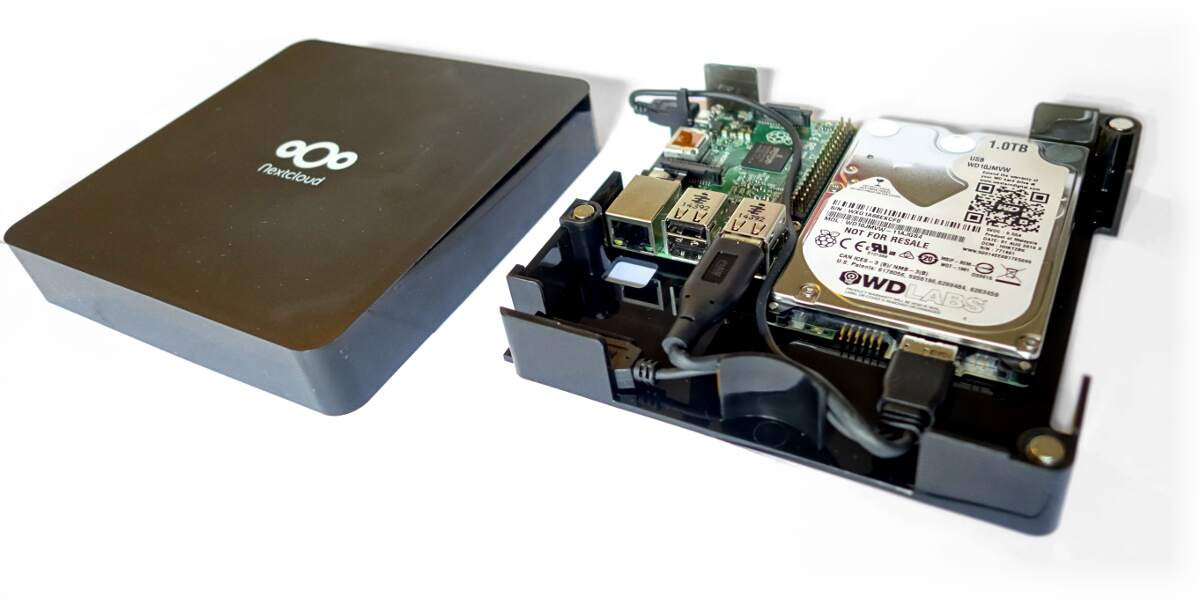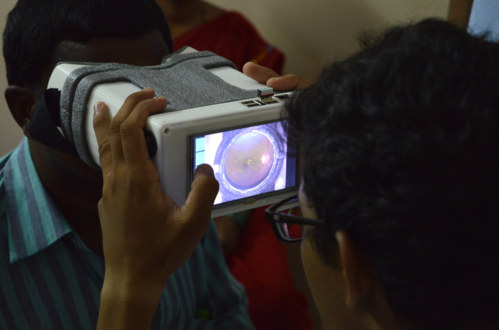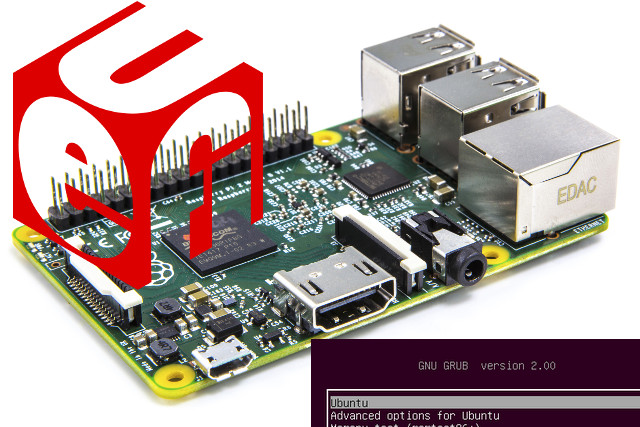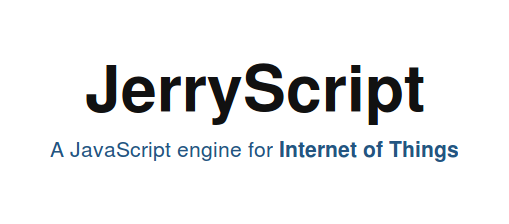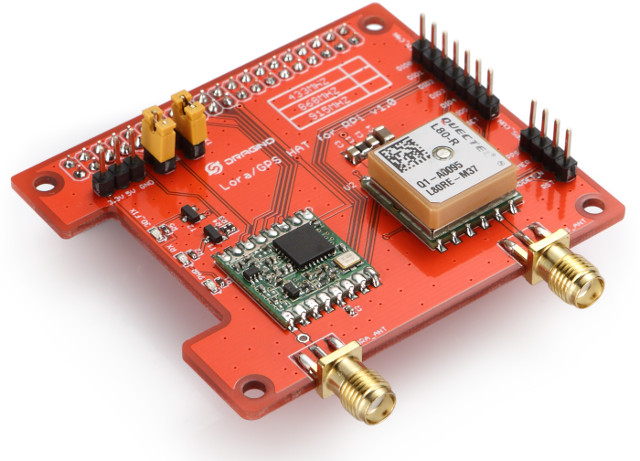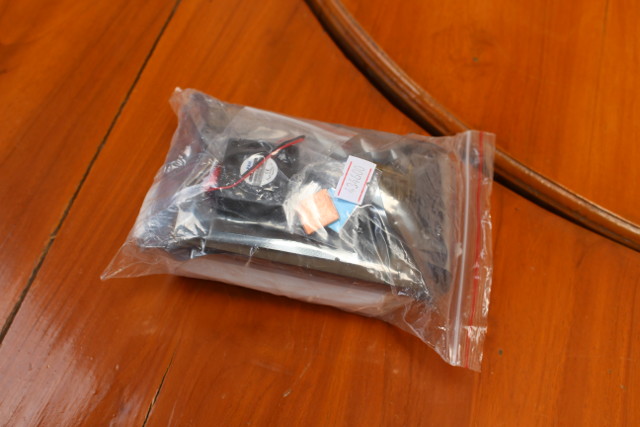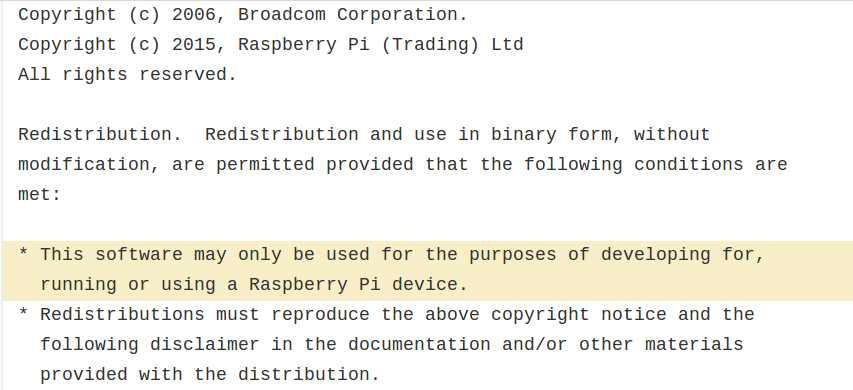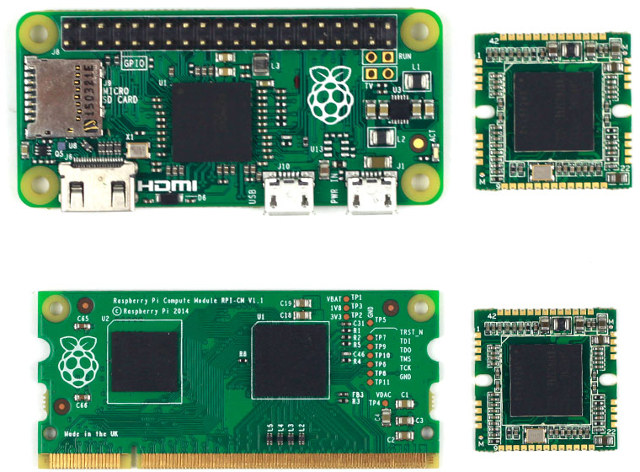While there are plenty of cloud services provided by companies such as Dropbox or Google, you may want to manage you own private cloud server instead for performance and/or privacy reasons. One typical way to do this is to install Owncloud or Nextcloud (a fork of Owncloud), on a Linux computer or board such as Raspberry Pi 3. The former is usually a little expensive for just this task, the latter often results in cable mess, and in both case, some people may not be comfortable with setting it all up. Nextcloud, Western Digital, and Canonical seems to have addressed most of those issues with Nextcloud Box including a 1TB USB 3.0 WDLabs harddrive, Nextcloud case with space for the drive and small ARM or x86 Linux development boards, and a micro USB power supply. The kit also include a micro SD card pre-loaded with Snappy Ubuntu Core, Apache, MySQL […]
Project OWL Open Source Hardware Ophthalmoscope is 25 Times Cheaper than Commercial Products
Medical grade equipments are usually very expensive, partly because of their complexity, but also because of certifications, legal reasons, and low manufacturing volumes. That’s where open source hardware can make a big difference, and there has been several open source hardware prosthetic hands or arms such as Openbionics hand, but Ebin Philip and his team has tackled another issue with Project OWL, an open indirect ophthalmoscope (OIO) designed for screening retinal diseases, which normally costs between $10,000 to $25,000, but their open source hardware design can be put together for about $400. The design features a Raspberry Pi 2 board connected to a WaveShare 5″ Touchscreen LCD, a Raspberry Pi Pi IR Camera (M12 lens mount) with 16mm FL M12 lens, a 3 Watt Luxeon LED, two 50x50mm mirrors, a linear polarizer sheet, a 20 Dioptre disposable lens, and various passive components. While the Raspberry Pi board is not open […]
U-Boot Now Supports UEFI on 32-bit and 64-bit ARM Platforms
Intel/AMD x86 based computers now boot via a standard UEFI binary, which can load grub2, allows you to update the command line as needed, or select different version of the Linux kernel. On ARM everything is a little more complicated and messy, as bootloaders such as U-boot need to support different configurations formats. Alexander Graf has been working on implementing UEFI support in U-boot, and it’s now supported by U-boot mainline and enabled by default for 32-bit and 64-bit ARM platforms, but not x86-64 (yet). That means you should now be able to boot any ARM boards supported by mainline U-boot through UEFI. Alexander gave a presentation about his work at an openSUSE event in June, and demonstrated u-boot with UEFI, and GRUB2 support with an openSUSE image running on a Raspberry Pi board. Thanks to David for the tip. Jean-Luc Aufranc (CNXSoft)Jean-Luc started CNX Software in 2010 as a […]
Samsung JerryScript is a Lightweight Open Source JavaScript Engine for the Internet of Things
In the old days, micro-controller programming was all done in assembly or C, but in recent years higher level languages, included interpreted ones such as Python and JavaScript, have made their ways into MCUs with projects such as MicroPython or Espruino (JS) often running on STMicro STM32 ARM Cortex M micro-controllers, but also other platforms such as ESP8266. As I browsed through the Embedded Linux Conference Europe 2016 schedule, I discovered that Samsung worked on it own implementation of a JavaScript engine for the Internet of Things: JerryScript. It is a full implementation of ECMAScript 5.1 standard written in C that can run on micro-controllers with less than 64KB RAM, and less than 200KB storage (160KB footprint with ARM Thumb-2 compilation). JerryScript is comprised of two main components: Parser and Virtual Machine (VM), with the parser performing translation of input ECMAScript application into byte-code than is then executed by the Virtual […]
Dragino LoRa/GPS HAT Board for Raspberry Pi Sells for $32
There are several ways to play with LoRaWAN protocol on the Raspberry Pi including RisingHF Discovery kit or Cooking Hacks LoRa Shield for Raspberry Pi, but the latter requires you to spend close to $100 just for the shield, the complete Lora discovery kit costs close to $400. Dragino Tech LoRa/GPS HAT board should be a more cost effective way to get started with LoRa on Raspberry Pi, as it sells for $32 + shipping on Tindie. Dragino LoRa/GPS HAT specifications: Connectivity LoRa Semtech SX1276/SX1278 transceiver @ 433/868, or 915 MHz (Country dependent, pre-configured in the factory) 168 dB maximum link budget. +20 dBm – 100 mW constant RF output vs. +14 dBm high efficiency PA. Programmable bit rate up to 300 kbps. GPS L80 GPS module based on Mediatek MT3339 SoC Horizontal Position Accuracy: autonomous <2.5 m CEP. TTFF@-130dBm with EASY (AGPS): Cold Start <15s,Warm Start <5s,Hot start <1s; […]
Raspberry Pi Club Battery / UPS Kit Assembly Guide and Review
A couple of months ago, I wrote about a Raspberry Pi battery kit with a 3,800 mAh battery, a battery control board, an acrylic enclosure, and an heatsink + fan set that I found on DealExtreme for about $22. I decided to buy it once I got confirmation the battery was included, and so today I’ll write about my experience assembling the kit, and running it with a Raspberry Pi 2 board. If you are only interested in the “RPi PowerPack” battery control board and battery, you can find them on Banggood for $11.93. Raspberry Pi Club Battery Kit Unboxing DX put all the accessories inside a zip bag, and shipped it in a bubble envelop. It contains a white box with the RPi PowerPack V1.0 battery and battery, several screws, spacers, and bolts sets, a fan with screws, an acrylic case with three layers, an heatsink set with two […]
Raspberry Pi Bootloader License Precludes it to Run on Competing Broadcom BCM283x Boards
Yesterday I wrote about ArduCAM Raspberry Pi compatible module, that packs most of the features of Raspberry Pi Zero or Pi Compute module into a 24x24mm board, and is based on Broadcom BCM2835 processor. One person also started a thread on Raspberry Pi forums about the tiny module, and one of the Raspberry Pi engineer and forum moderator replied that will would breach the bootloader license. The important part is the sentence highlighted above: This software may only be used for the purpose of developing for, running or using a Raspberry Pi device. ArduCAM module is only Raspberry Pi compatible, so it would indeed breach the license, and you can get into troubles if you planned to use that module in a commercial project, especially in countries where IP protection is taking seriously. This raises a few questions. First why did the Raspberry Pi foundation chose that restrictive license? The […]
ArduCAM has designed a Tiny Coin-Sized Raspberry Pi Compatible Module
Now you can design your own custom hardware and leverage Raspberry Pi software, by integrating Raspberry Pi Compute module (and soon Raspberry Pi 3 Compute module) into your custom designed baseboard. But if you’d like something more compact, and even more compact than a Raspberry Pi Zero or RPi Compute module, ArduCAM has been developing a 24x24mm Raspberry Pi compatible system-on-module powered by Broadcom BCM2835 processor. ArduCAM has also designed a small adapter board “UC-343 Rev. A” for the module with the following specifications: SoC – Broadcom BCM2835 ARM11 Processor @ 700 MHz (or 1GHz?) with Videocore IV GPU System Memory – 256MB/512MB LPDDR2 Storage – micro SD card slot USB – 2x micro USB ports including one for power only Camera – 1x MIPI CSI connector supporting 5MP or 8MP Pi cameras (dual camera support) Expansion – AV output header 16-pin and 8-pin headers (unpopulated) with GPIOs, 2x I2C, […]


